In January 2021, a devastating cyclone hit Mozambique and flooded Berta Inácio Ngove’s field, burying a promising crop of maize and beans in a watery tomb.
“It was bad,” recalls Ngove, a 52-year-old widow and mother of four children. “We did not harvest anything.”
But cyclones aren’t the only extreme weather events that smallholder farmers like Ngove must endure. Droughts and erratic rainfall have also elevated crop losses and food scarcity in a country increasingly vulnerable to the vagaries of the climate crisis.
In response, the Mozambique government is rolling out the 25-year National Irrigation Program (NIP), which plans to irrigate 300,000 hectares annually to help smallholder farmers weather the climate crisis and boost food production. International development organizations and academic institutions are supporting the effort with training, farmer education and loans.
“Providing access to irrigation for smallholders is necessary to improve agricultural productivity, increase food security, reduce poverty and increase resilience to climate variability, says Leah Ndungu, regional manager at the Australian Center for International Agricultural Research (ACIAR).
The strategy has helped women, who comprise the bulk of irrigation farmers, to save labor and enjoy quality time for off-farm activities, according to Andre Machava, an agricultural engineer and environmental specialist with the National Irrigation Institute.
“The rainfall is becoming erratic and, at times, very intense within a short period, meaning that the rest of the season there is drought or dry spells,” Machava explains. “Irrigation is helping compensate for the uneven rainfall, and those using irrigation are achieving high yields because they manage their water use.”
Ngove, who lives in Ndonga village in Gaza Province, more than 200 kilometers northwest of the capital city of Maputo, is a member of the Makateco Association, a government-led irrigation scheme with about 50 members, mostly women.
“I have been growing maize and beans under rain-fed agriculture, but I joined the irrigation scheme because I could grow crops whether there was rain or not,” explains Ngove.
Even before midday, the sun is uncomfortably hot, beating down on farmers harvesting a crop of ripe tomatoes. “We have to battle the sun burning our heads but, more worrying, the heat is drying our fields, so we think we need irrigation all the time,” bemoans Esmeraldo Julio Ngovene, head of production at Makateco Irrigation Scheme.
Low-tech, high yields
To better help them monitor soil moisture and manage water use, some farmers have adopted tools like Chameleon Soil Water Sensors, Wetting Front Detectors (WFD) and drip irrigation kits. The Chameleon sensor is a digital tool that measures soil water moisture availability through a color code that is easy to use, even by illiterate farmers. The WFD, which is buried under the soil, indicates how deeply water has percolated into the ground. It also collects a solution that is used to test for salinity and the availability of nutrients.
“Before learning about this tool, when we saw the field was dry, we just irrigated,” Ngove says. “But now we take out the Chameleon, connect the wire sensors and the lights go on. If the light is blue, the soil is wet. If it is green, there is enough moisture in the soil, and, if it is red, it means the soil is dry and it is time to irrigate.”
Through use of the Chameleon tool and the WFD, farmers have reduced their irrigation by up to 50 percent, saving water, time and money spent on labor and fuel costs. Prior to adopting the water management tools, farmers in the Makateco scheme used 90 litres of diesel to pump water to grow beans on two hectares over a three-month cropping season. The women now use only 50 litres of fuel.
About 400 smallholder farmers and 137 extension officers have been trained on improved crop management practices and adopting water-efficient innovations on their farms through the Farmer-led Smallholder Irrigation in Mozambique (FASIMO), a Cultivate Africa’s Future Project that is co-funded by Canada’s International Development Research Centre (IDRC) and ACIAR. The project is being implemented by a partnership between the Faculty of Agronomy and Forestry Engineering from University Eduardo Mondlane and the National Irrigation Institute (NIR). The project has targeted eight schemes in Gaza and Manica provinces, benefiting over 400 smallholder farmers.
FASIMO has sought to identify ways to make government- and farmer-led smallholder irrigation schemes in Mozambique more productive, self-sustaining and equitable.
Produce more with less
Adoption of the Chameleon sensors and WFD has brightened the production prospects for irrigation farmers in Mozambique, states Mario Chilundo, a water engineering specialist and lecturer at Eduardo Mondlane University and principal investigator of FASIMO.
“Over time, more farmers have been engaged in irrigation, which the government has prioritized as a way to ensure food security,” Chilundo told Alliance for Science. “The impact of climate change has reduced water flow into irrigated areas, making it ideal to embrace water-efficient technologies to help farmers produce more with less.”
In addition to loans, Gaza Works provides technical assistance on production, commercialization and financial management.
“We feel this is a success because farmers are able to earn income from the crops they grow and invest in housing and send their children to school,” says Salomao Mavaisso Maposse, president of Gaza Works.
Higher incomes for women
Maria Alexandre Sitoe, president of the Rivoningo Irrigation Scheme in Gaza Province, explains that the Chameleon sensor has helped farmers reduce daily irrigation to just twice a week, boosting their production and income.
Sitoe, a mother of four, says she has benefitted from the irrigation scheme by growing tomatoes.
In 2017, a year after joining the scheme, Sitoe earned US$340, which she invested in building her house and educating her children. However, in the 2020 season, she earned just US$117 because her crop was flooded and suffered high pest infestation and the COVID-19 lockdown reduced her customer base.
“Last year, the flood was serious,” Sitoe tells the Alliance for Science. “It affected our production and the prices for the little crop we were able to harvest because there were few customers to buy. This year, I am expecting to get three tons of tomatoes and I will get more money and hopefully move into my completed house.”


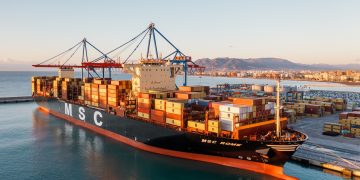
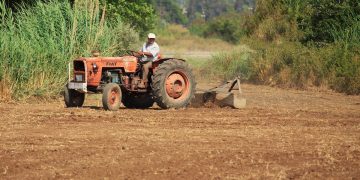
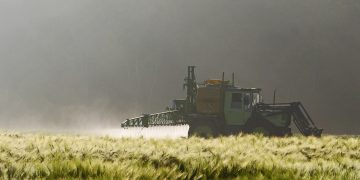


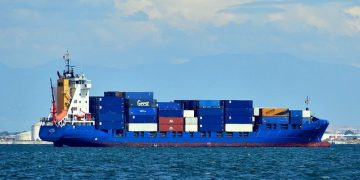











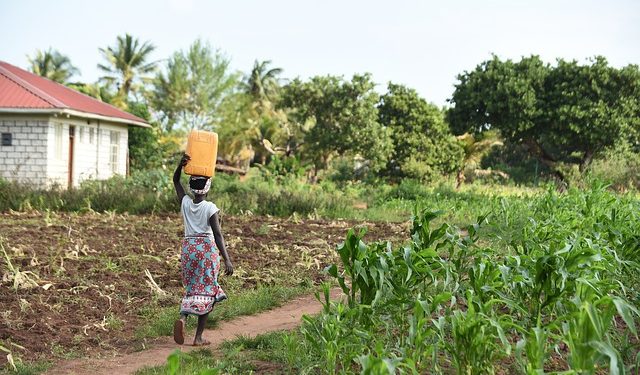
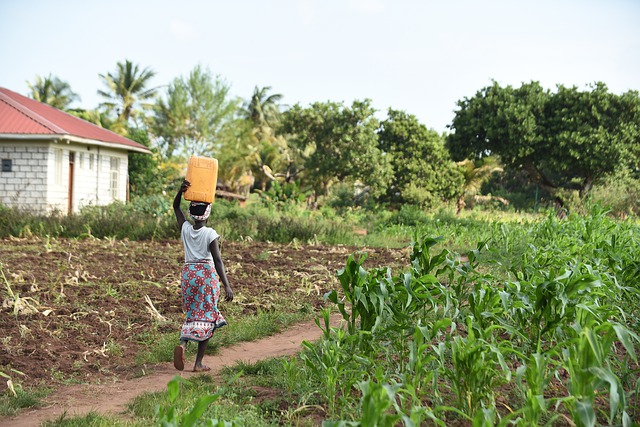


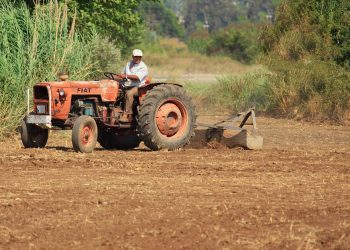

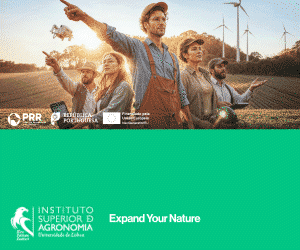




























Discussão sobre este post